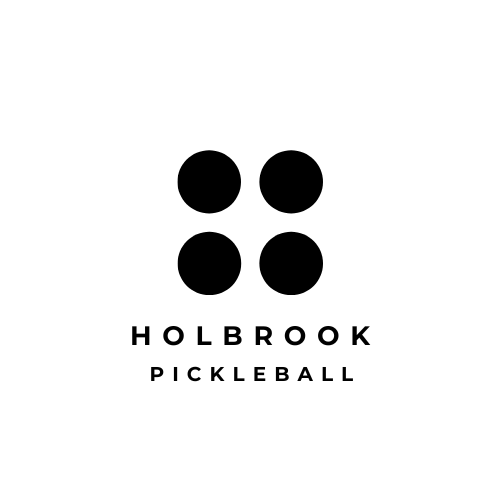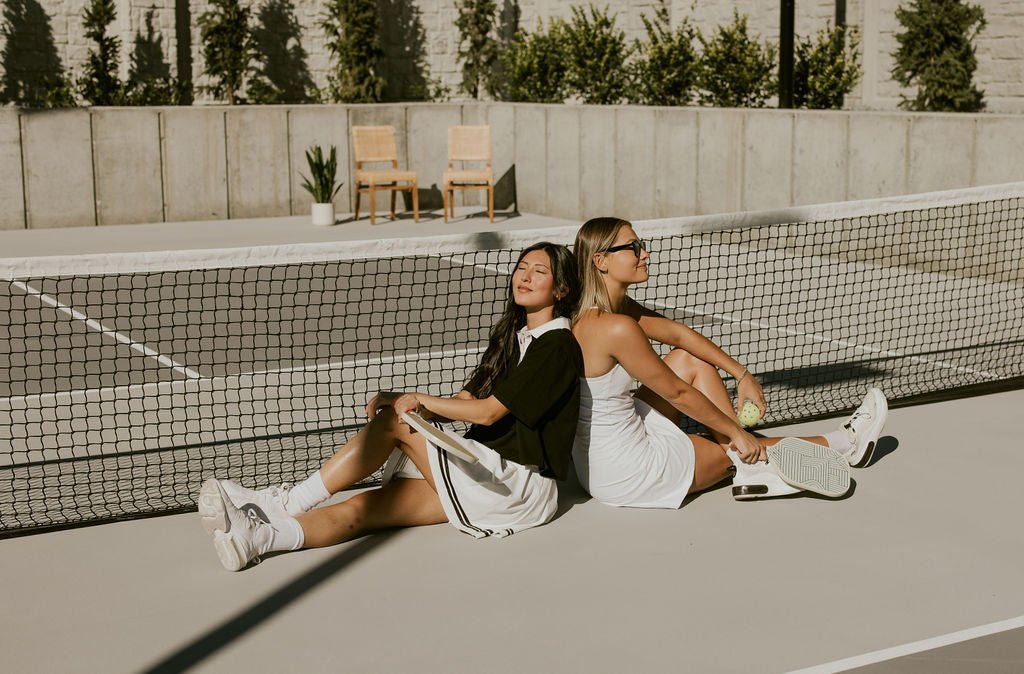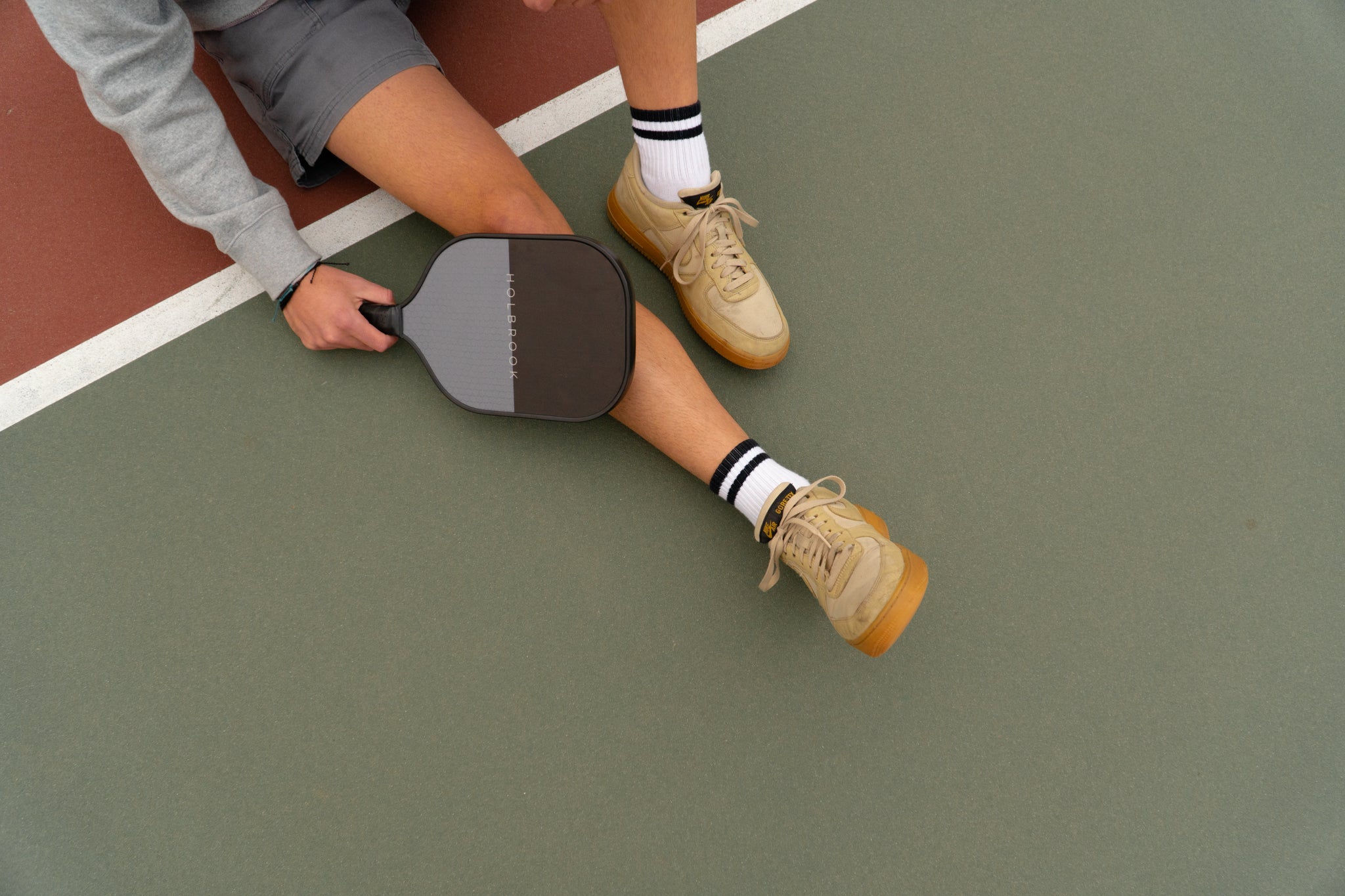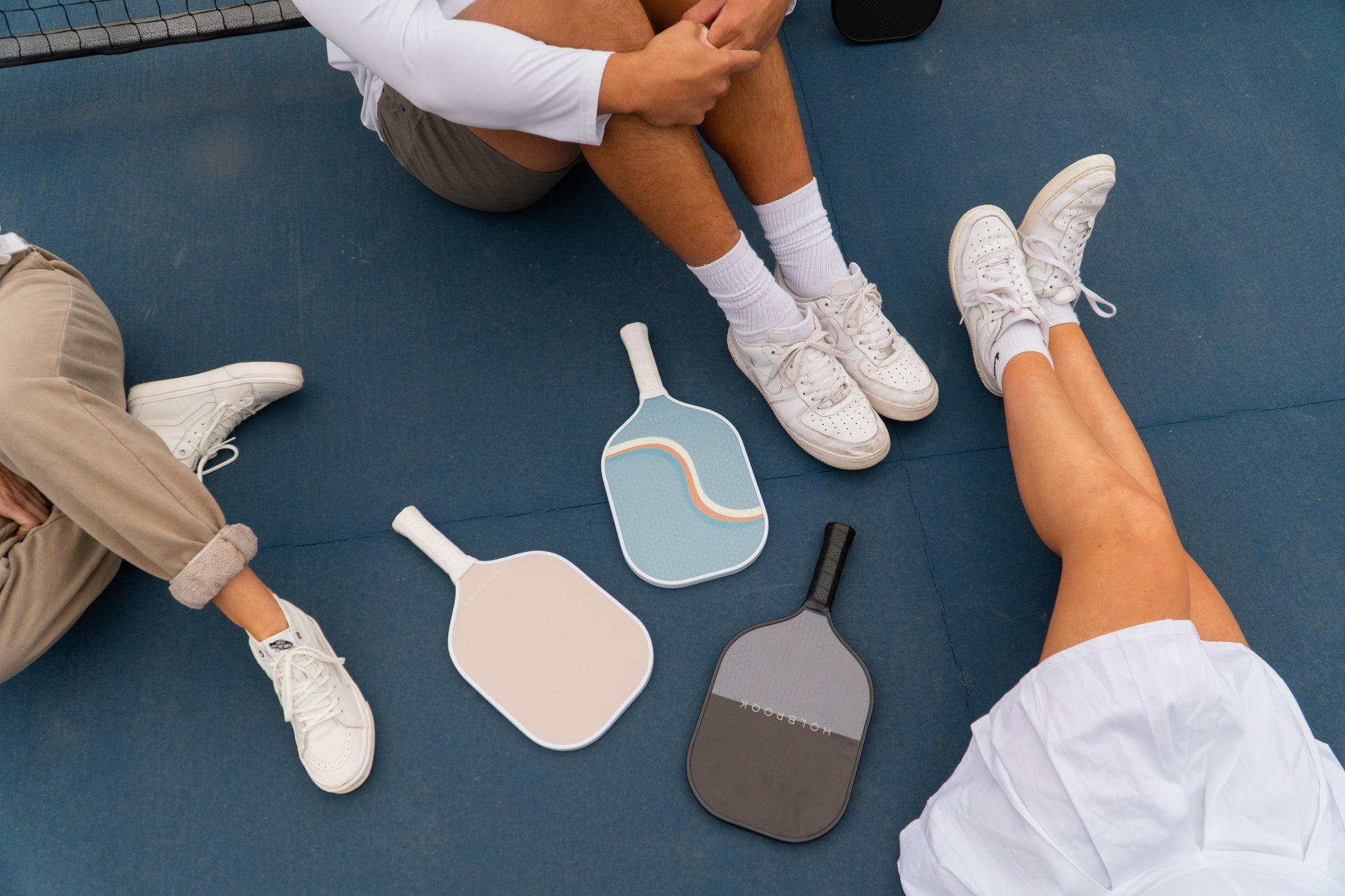Seeking out a partner can be the most intimidating aspect of pickleball, especially if you’re newer to the game and don’t know many other players. There are ways, however, to make it easier to find someone compatible with your particular skill level, strategies, personality, and style—and to make sure that you are a partner worth playing with.
1. Make sure you mesh.
The hardest part of sniffing out a great doubles partner isn’t finding someone who can play the game well—that’s a given, and it’s pretty easy to tell if someone has potential. What’s less straightforward (and arguably more important) is making sure you and your partner mesh. Even if whoever you find is a fantastic player, they might operate on a different wavelength than you—their preferred strategies or style might be a hinderance to yours, or vice versa. It could even be that your personalities clash to a degree that makes it difficult to function as a unit.
Also, if you and your partner work well together, it’ll be easier to grow together. A difference in skill or experience can easily be overcome if each of you benefits from the other as you practice and play. As one develops, so does the other—they can learn from your strengths, and you theirs, and before long you’ll both be playing at your best.
Sometimes it’s necessary to take the time to actually play with someone before it’ll be clear if it’s a good fit. However, and though it might sometimes seem like it, playing with a stranger is rarely wasted time. It gives you an opportunity to meet other pickleball enthusiasts and learn styles of play that you might not have encountered otherwise. Every new match is a learning opportunity whether you stick with your partner or not, and that will always count for something.
2. Reach out.
With how fast pickleball is growing in popularity, there are plenty of people out there who will be looking for partners. Chances are, though, that very few will be willing to instigate the conversation—there’s an awkwardness that comes with approaching others and the potential for rejection or an uncomfortable situation.
However, if someone recommends a partner to you, or if you know of other players who are in the same predicament, don’t let the unknown deter you from reaching out. There’s no harm in trying, but staying stagnate and waiting for opportunities to find you is a sure way to stunt your growth as a player.
3. Communicate clearly.
Communication between players isn’t only necessary on the court. One of the most important facets of finding a partner is to be upfront. What do you need from them? What skills and experience can you provide? When are you available to practice or compete? How do you want to play, and how willing are you to adjust your play style to accommodate theirs? Get questions like these out of the way early on so you can more easily determine if you can make the partnership work.
Don’t be too clinical and turn your introduction into an interview, of course—nobody likes interviews, especially when it comes to having fun. The point is to make sure you get to know each other. You’ll have to work closely together, even if it’s only for one match, so it’s always best to know what to expect beforehand.
4. Sign up for doubles events even if you don’t have a partner.
Many players don’t feel comfortable signing up for a tournament when they don’t already have a partner, but this is a mistake. Most tournaments have a way to pair single players together (just make sure they do before signing up!), and this process does all the hard work for you.
Showing up to a tournament without a partner does imply that you’re willing to do your best no matter who you end up with, so make sure that’s true of you. Be prepared to work with whatever gets thrown your way and make the most of it. If, out of the two of you, you have the lesser experience, then be willing to step up and take advice gracefully. If you have more, be patient and not commanding. It’ll be an adjustment for both of you, but also a learning experience.
And, who knows? Maybe you and that stranger will click and you’ll go on to play in other events together, or maybe they’ll have others in their network who would be a good match for you.
5. Make sure you’re the kind of partner you would want.
It’s easy to forget that a potential partner is looking for the same things you are. Despite it being a bit of a cliché saying, it’s worth the reminder that you won’t be the only one on the team.
If you’re a great partner—someone who is willing to put in the effort, to get past the uncomfortable, to learn the strengths and weaknesses of the other player, and to work as a unit—then it’ll be much easier to find a great partner. If you don’t want to play with someone who doesn’t tick all the right boxes, then it’s fair to assume they wouldn’t either. Ask yourself if you’re the kind of player you’d seek out. If so, chances are someone might even reach out to you before you can reach out to them.









